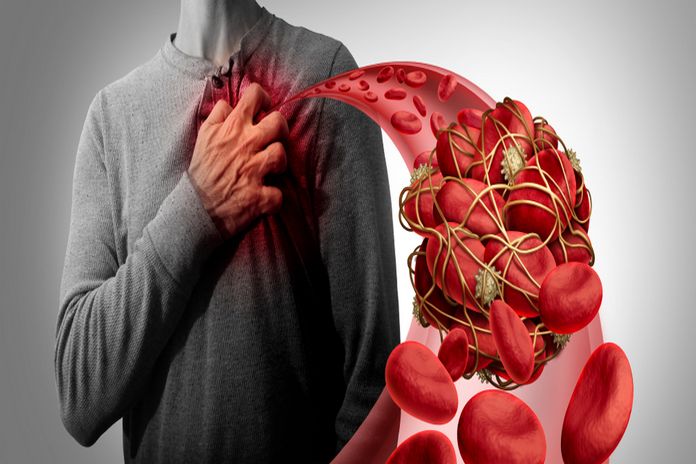Complications Of Atrial Fibrillation

Atrial fibrillation is one of the most commonly occurring heart arrhythmias, i.e., causing irregular heart beating. Atrial fibrillations makes a person’s heart to beat a lot faster than the normal heart rate. Moreover, the chambers of the heart are also not working properly, and the rhythm of the heartbeats does not synchronize to efficiently pump blood throughout the body, thus causing poor blood circulation. Sometimes atrial fibrillation goes without a diagnosis because the person suffering does not experience any signs or symptoms. However, atrial fibrillation needs a proper treatment because if one does not get a proper treatment of atrial fibrillation, then it becomes a life-threatening medical condition.
In some cases, atrial fibrillation goes away on its own without getting any treatment. While for some people, the condition of atrial fibrillation results as an ongoing medical condition that stays with them for several years. With the advancing age, the condition of atrial fibrillation turns into an ongoing heart problem that starts producing more palpitations. The vibrations stay for longer and come more often with the progression of heart disease and advancing age. A doctor devises a proper treatment plan for the patients having atrial fibrillation, which mostly includes medical procedures, lifestyle changes, and medications.
If a person is experiencing one of the many symptoms of atrial fibrillation, which might happen occasionally, then they must go for a proper diagnosis and then a treatment. With the worsening of heart condition, the symptoms of atrial fibrillation also start getting severe and occur more frequently. The chances of the complications are especially higher in the people of African American descent and among the women. When the symptoms of atrial fibrillation remain undetected or untreated, then deleterious health complications start rising. The most common complications of atrial fibrillation include:
Blood clots
In the case of atrial fibrillation, the heart is not able to pump blood efficiently throughout the body organs and even in the lungs; thus, there is an occurrence of breathing problems due to the shortage of oxygen supply. As the upper chambers of the heart, i.e., atria, are not able to work in synchronization with lower chambers, i.e., ventricles, so the blood starts pooling in the blood vessels and ultimately becomes an abnormal blood clot. After the formation of a blood clot, the piece of blood clot or embolus might break off and pass through the blood to different body organs. The traveling of embolus to different body organs causes the blockage of blood flow to the lungs, spleen, brain, kidneys and intestines.
